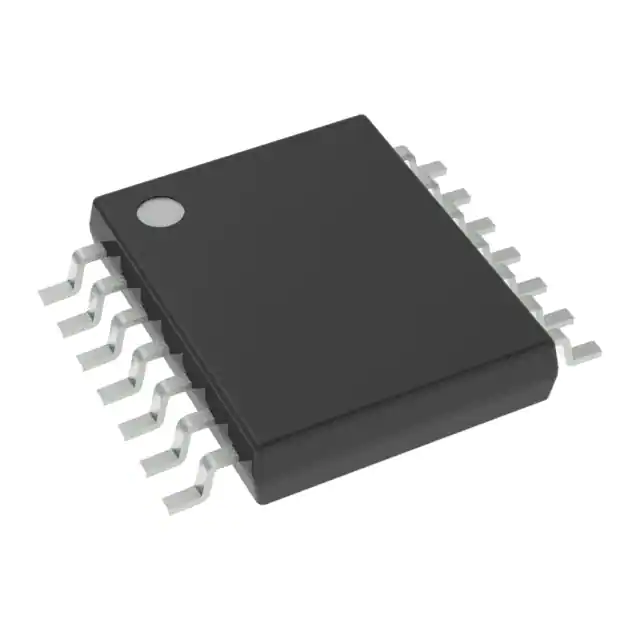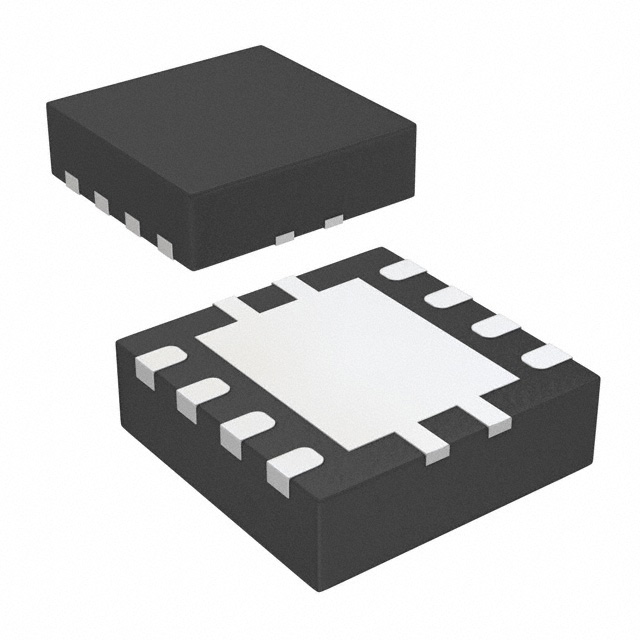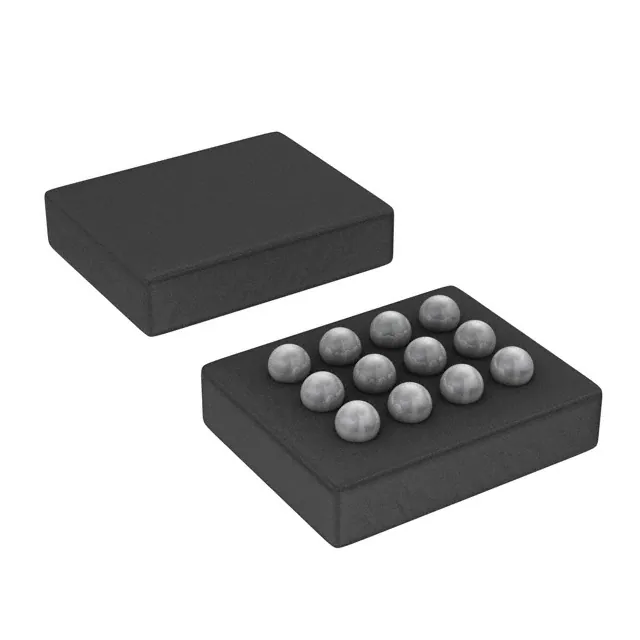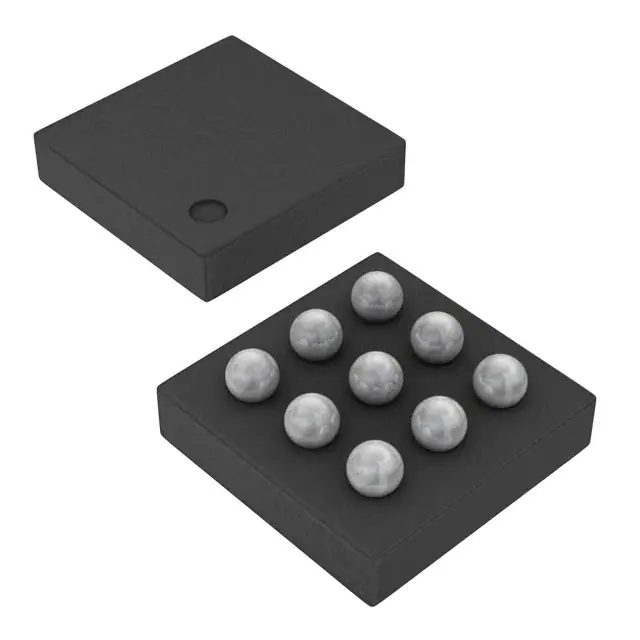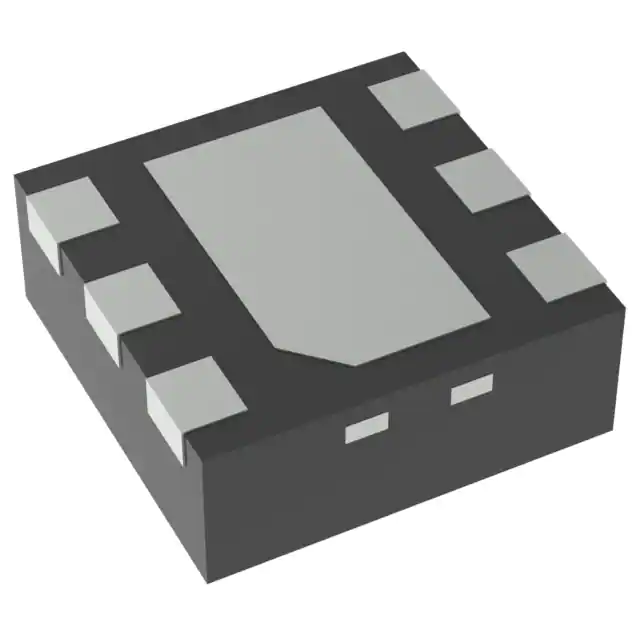The ’ABT125 quadruple bus buffer gates feature independent line drivers with 3-state outputs. Each output is disabled when the associated output-enable (OE)\ input is high.
These devices are fully specified for hot-insertion applications using Ioff and power-up 3-state. The Ioff circuitry disables the outputs, preventing damaging current backflow through the devices when they are powered down. The power-up 3-state circuitry places the outputs in the high-impedance state during power up and power down, which prevents driver conflict.
To ensure the high-impedance state during power up or power down, OE\ should be tied to VCC through a pullup resistor; the minimum value of the resistor is determined by the current-sinking capability of the driver.
Feature
- Typical VOLP (Output Ground Bounce) <1 V at VCC = 5 V, TA = 25°C
- High-Drive Outputs (–32-mA IOH, 64-mA IOL)
- Ioff and Power-Up 3-State Support Hot Insertion
- Latch-Up Performance Exceeds 500 mA Per JEDEC Standard JESD-17
- ESD Protection Exceeds JESD 22
- 2000-V Human-Body Model (A114-A)
- 200-V Machine Model (A115-A)
The ’ABT125 quadruple bus buffer gates feature independent line drivers with 3-state outputs. Each output is disabled when the associated output-enable (OE)\ input is high.
These devices are fully specified for hot-insertion applications using Ioff and power-up 3-state. The Ioff circuitry disables the outputs, preventing damaging current backflow through the devices when they are powered down. The power-up 3-state circuitry places the outputs in the high-impedance state during power up and power down, which prevents driver conflict.
To ensure the high-impedance state during power up or power down, OE\ should be tied to VCC through a pullup resistor; the minimum value of the resistor is determined by the current-sinking capability of the driver.

